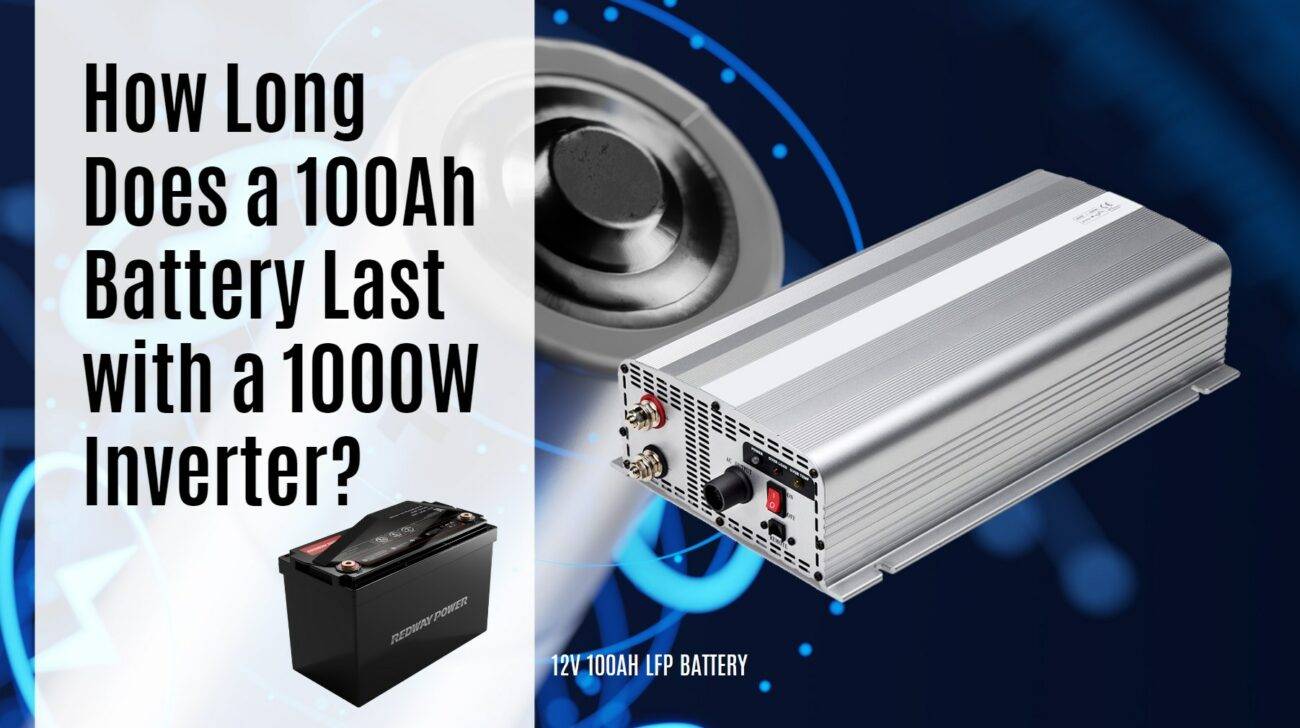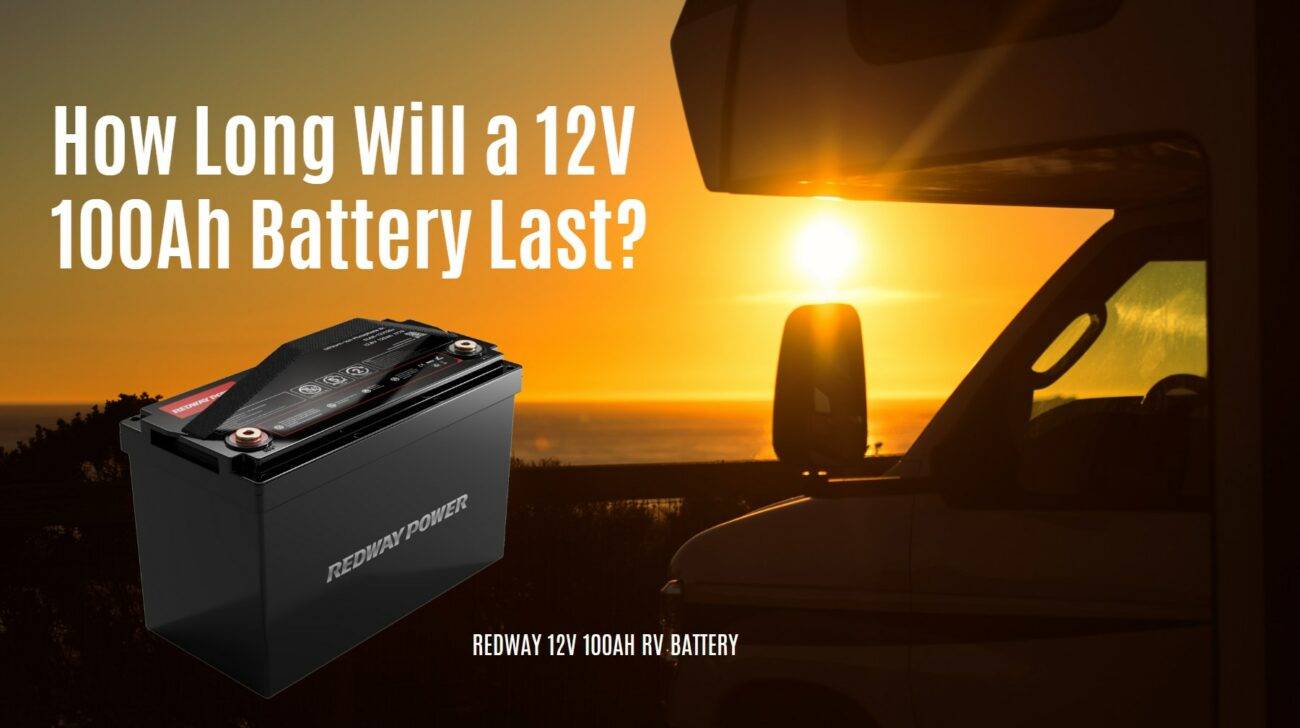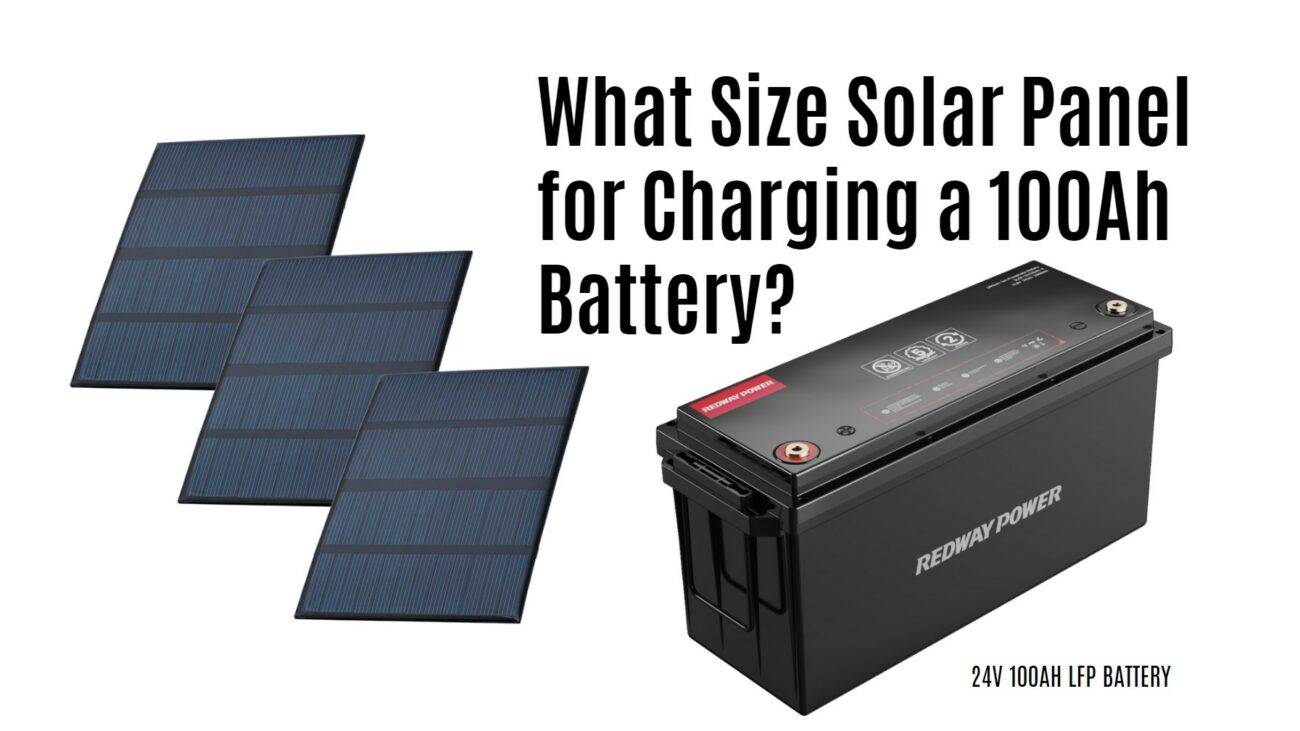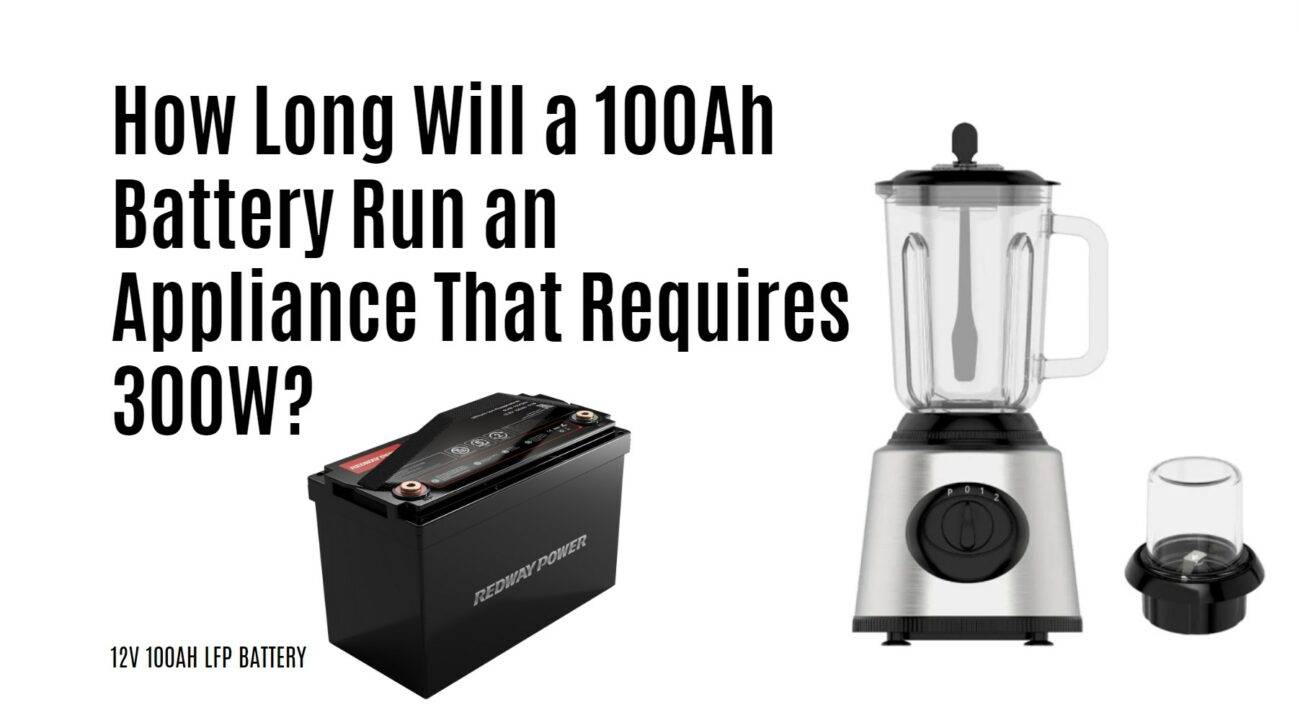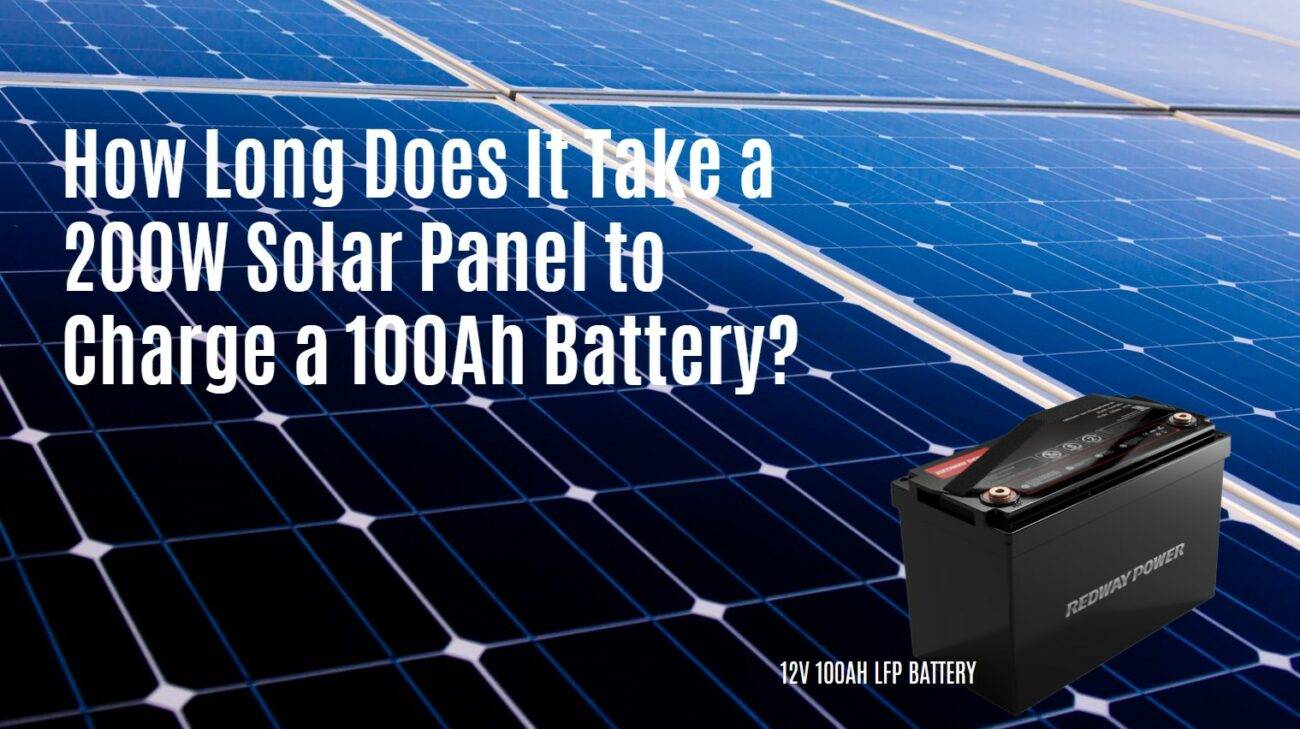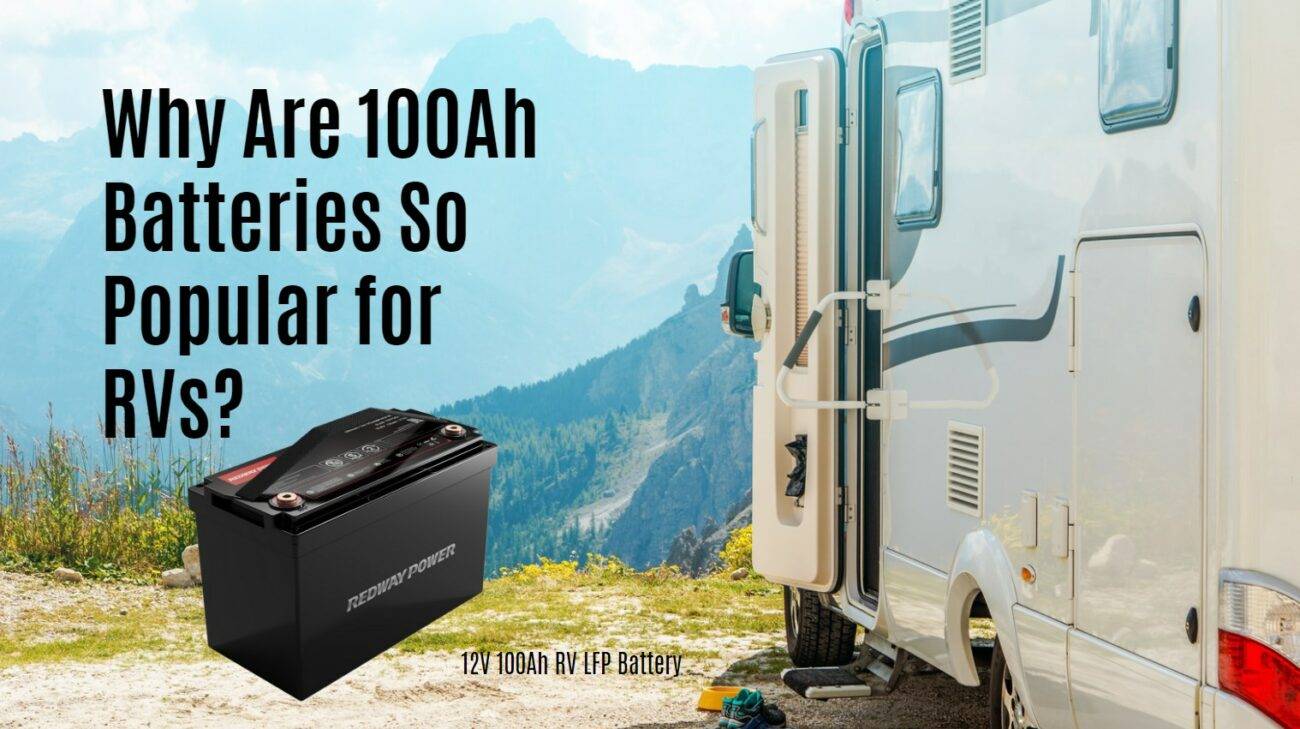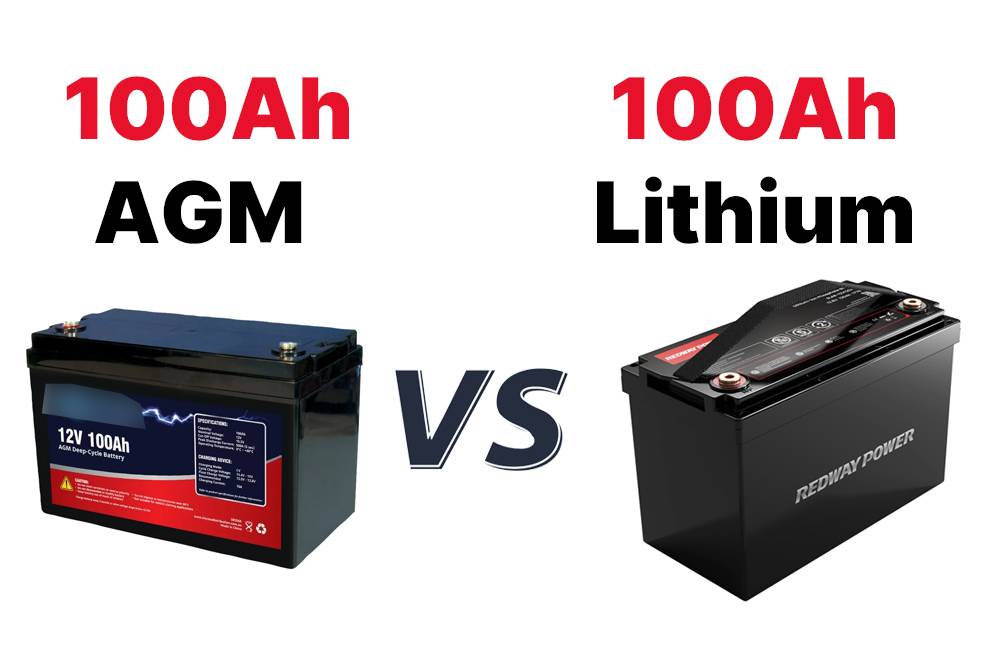- Rack-mounted Lithium Battery
- Golf Cart Lithium Battery
-
Golf Cart Lithium Battery
- 36V 50Ah (for Golf Carts)
- 36V 80Ah (for Golf Carts)
- 36V 100Ah (for Golf Carts)
- 48V 50Ah (for Golf Carts)
- 48V 100Ah (Discharge 100A for Golf Carts)
- 48V 100Ah (Discharge 150A for Golf Carts)
- 48V 100Ah (Discharge 200A for Golf Carts)
- 48V 120Ah (for Golf Carts)
- 48V 150Ah (for Golf Carts)
- 48V 160Ah (Discharge 100A for Golf Carts)
- 48V 160Ah (Discharge 160A for Golf Carts)
-
Golf Cart Lithium Battery
- Forklift Lithium Battery
- 12V Lithium Battery
- 24V Lithium Battery
- 36V Lithium Battery
- 48V Lithium Battery
-
48V LiFePO4 Battery
- 48V 50Ah
- 48V 50Ah (for Golf Carts)
- 48V 60Ah (8D)
- 48V 100Ah (8D)
- 48V 100Ah
- 48V 100Ah (Discharge 100A for Golf Carts)
- 48V 100Ah (Discharge 150A for Golf Carts)
- 48V 100Ah (Discharge 200A for Golf Carts)
- 48V 150Ah (for Golf Carts)
- 48V 160Ah (Discharge 100A for Golf Carts)
- 48V 160Ah (Discharge 160A for Golf Carts)
-
48V LiFePO4 Battery
- 60V Lithium Battery
-
60V LiFePO4 Battery
- 60V 20Ah
- 60V 30Ah
- 60V 50Ah
- 60V 50Ah (Small Size / Side Terminal)
- 60V 100Ah (for Electric Motocycle, Electric Scooter, LSV, AGV)
- 60V 100Ah (for Forklift, AGV, Electric Scooter, Sweeper)
- 60V 150Ah (E-Motocycle / E-Scooter / E-Tricycle / Tour LSV)
- 60V 200Ah (for Forklift, AGV, Electric Scooter, Sweeper)
-
60V LiFePO4 Battery
- 72V~96V Lithium Battery
- E-Bike Battery
- All-in-One Home-ESS
- Wall-mount Battery ESS
-
Home-ESS Lithium Battery PowerWall
- 24V 100Ah 2.4kWh PW24100-S PowerWall
- 48V 50Ah 2.4kWh PW4850-S PowerWall
- 48V 50Ah 2.56kWh PW5150-S PowerWall
- 48V 100Ah 5.12kWh PW51100-F PowerWall (IP65)
- 48V 100Ah 5.12kWh PW51100-S PowerWall
- 48V 100Ah 5.12kWh PW51100-H PowerWall
- 48V 200Ah 10kWh PW51200-H PowerWall
- 48V 300Ah 15kWh PW51300-H PowerWall
PowerWall 51.2V 100Ah LiFePO4 Lithium Battery
Highly popular in Asia and Eastern Europe.
CE Certification | Home-ESS -
Home-ESS Lithium Battery PowerWall
- Portable Power Stations
How Long Can a 100Ah Lithium Battery Run a Fridge?
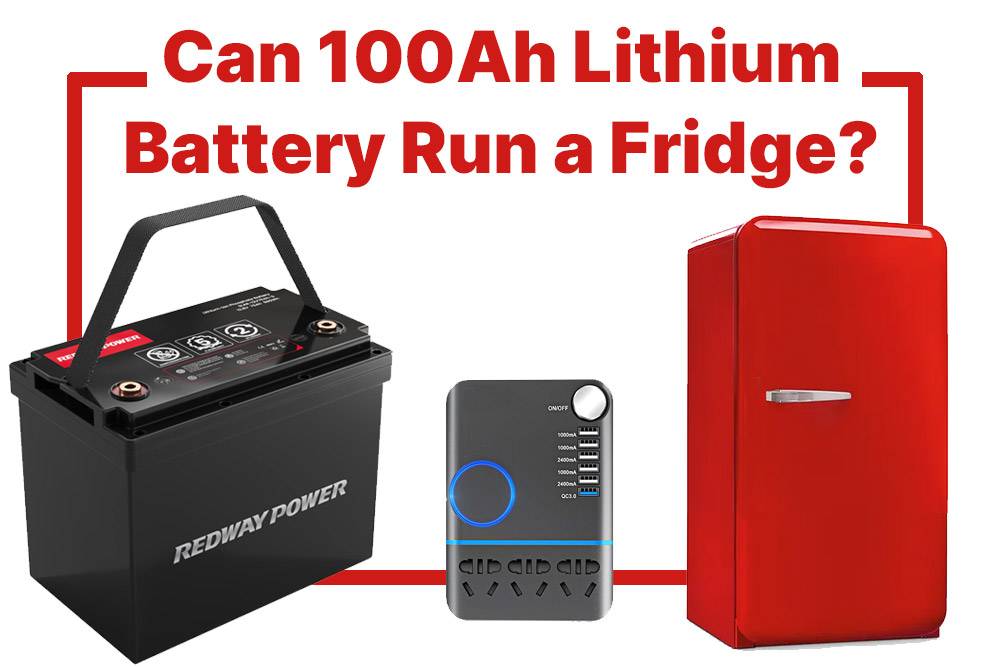
A 100Ah lithium battery can run a fridge for varying lengths of time depending on several factors, including the fridge’s power consumption and efficiency. Typically, a well-maintained lithium battery can power an average fridge for 70 to 100 hours, making it an excellent choice for camping or off-grid living.
How long can a 100Ah lithium battery run a fridge?
The runtime of a fridge on a 100Ah lithium battery depends largely on the refrigerator’s energy consumption. For example, if a fridge draws 4 amps continuously, it will use approximately 96 amp-hours in 24 hours, allowing the battery to run it for about 25 hours. However, if the fridge operates at lower duty cycles, such as running only half the time, the runtime can extend significantly.
Runtime Calculation Chart
| Fridge Power Consumption (Amps) | Estimated Runtime (Hours) |
|---|---|
| 2 | 50 |
| 4 | 25 |
| 6 | 16.7 |
| 8 | 12.5 |
What factors affect the runtime of a fridge on a lithium battery?
Several factors influence how long your fridge will run on a 100Ah lithium battery:
- Power Consumption: The higher the amp draw, the shorter the runtime.
- Duty Cycle: If the compressor runs intermittently rather than continuously, this can extend runtime.
- Ambient Temperature: Higher temperatures may cause the fridge to work harder, reducing runtime.
- Fridge Efficiency: Energy-efficient models consume less power.
Factors Affecting Runtime Chart
| Factor | Impact on Runtime |
|---|---|
| Power Consumption | Direct correlation |
| Duty Cycle | Indirect correlation |
| Ambient Temperature | Higher temps decrease runtime |
| Fridge Efficiency | More efficient = longer runtime |
How does the power consumption of different fridges vary?
The power consumption of fridges can vary widely based on size and design:
- Compact fridges typically draw around 2 to 4 amps.
- Standard RV fridges may consume between 4 to 6 amps.
- Larger models or those with additional features may use up to 8 amps or more.
Power Consumption Comparison Chart
| Fridge Type | Average Power Consumption (Amps) |
|---|---|
| Compact | 2 – 4 |
| Standard RV | 4 – 6 |
| Large Residential | 6 – 8+ |
Why is it important to consider battery type when powering appliances?
The type of battery used significantly affects performance and efficiency:
- Lithium batteries offer full usable capacity and longer lifespans compared to lead-acid batteries, which should only be discharged to about 50% of their rated capacity.
- Lithium batteries also charge faster and have better discharge rates, making them ideal for running appliances like fridges.
Battery Type Comparison Chart
| Battery Type | Usable Capacity (%) | Lifespan (Cycles) | Charge Time |
|---|---|---|---|
| Lead-Acid | ~50 | 500 – 1,000 | Longer |
| Lithium | ~100 | 2,000 – 5,000 | Shorter |
What are the best practices for managing battery life while using a fridge?
To maximize your lithium battery’s lifespan while running a fridge:
- Monitor usage and avoid deep discharges.
- Use an inverter with high efficiency to minimize energy loss.
- Keep your fridge well-insulated and avoid frequent door openings.
- Consider using solar panels or other charging methods to maintain charge levels.
Best Practices Chart
| Practice | Description |
|---|---|
| Monitor Usage | Track amp-hours used |
| Use Efficient Inverter | Reduces energy loss during conversion |
| Maintain Insulation | Keeps contents cold with less energy |
| Solar Charging | Provides renewable energy source |
How can you calculate the expected runtime for your specific fridge model?
To calculate expected runtime:
- Check your fridge’s power consumption (amps).
- Determine how often it runs (duty cycle).
- Use this formula:
Runtime hours =Battery Capacity Ah Fridge Consumption Amps ×Duty Cycle
For example, if your fridge consumes 4 amps and runs at 50% duty cycle, then:
Runtime=100 Ah4 Amps×0.5=50 hours
Example Calculation Chart
| Fridge Consumption (Amps) | Duty Cycle (%) | Expected Runtime (Hours) |
|---|---|---|
| 2 | 50 | 100 |
| 4 | 50 | 50 |
| 6 | 30 | ~55 |
Industrial News
Recent advancements in lithium battery technology have led to increased efficiency and longer lifespans for portable energy solutions. Manufacturers are now producing batteries that not only provide higher capacity but also improve charge cycles and reduce weight. This is particularly advantageous for users relying on batteries to power appliances like fridges during outdoor activities or emergencies.
Redway Power Insights
“Understanding your appliance’s power requirements is crucial when choosing the right battery,” says an industry expert. “With advancements in lithium technology, users can now enjoy longer runtimes without sacrificing performance or safety.”
FAQ Section
Q: Can a 100Ah lithium battery run my refrigerator overnight?
A: Yes, depending on your refrigerator’s power draw and duty cycle, it can typically run overnight and even longer.Q: What happens if I discharge my lithium battery too much?
A: Unlike lead-acid batteries, most lithium batteries have built-in protections; however, deep discharges can still reduce their lifespan over time.Q: How do I know if my fridge is energy efficient?
A: Look for labels that indicate energy efficiency ratings or check specifications provided by manufacturers.
How long will a 100Ah lithium battery run a refrigerator?
A 100Ah lithium battery can typically run a refrigerator for 8 to 24 hours, depending on the fridge’s energy consumption (measured in watts). For example, a fridge using 50 watts may last about 20 hours, while a 100-watt fridge might last around 10 hours.
What size lithium battery do I need to run a fridge?
The size of the lithium battery needed to run a fridge depends on the fridge’s power requirements. Generally, a battery between 100Ah to 200Ah is recommended for most standard refrigerators to ensure adequate run time and accommodate peak usage.
What can you run off a 100Ah lithium battery?
A 100Ah lithium battery can power various devices, including lights, small appliances, fans, and electronics. Depending on the wattage, it can also run a refrigerator, a TV, or charge multiple devices simultaneously, making it versatile for camping or off-grid use.
How long will a 100Ah lithium battery last?
The lifespan of a 100Ah lithium battery depends on usage and discharge rates. Typically, if you discharge it at a constant rate, it can provide power for several hours to a couple of days, depending on the load. Proper maintenance can extend its overall lifespan to 10 years or more.














